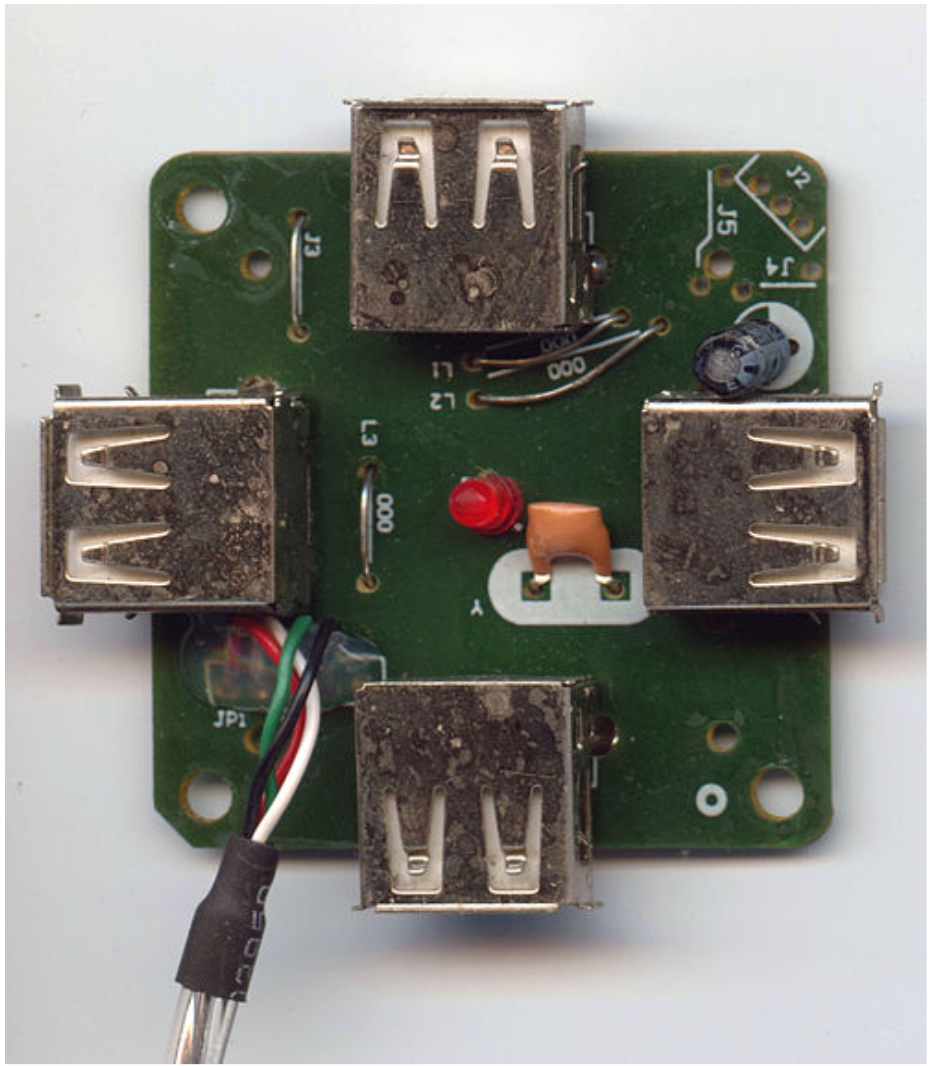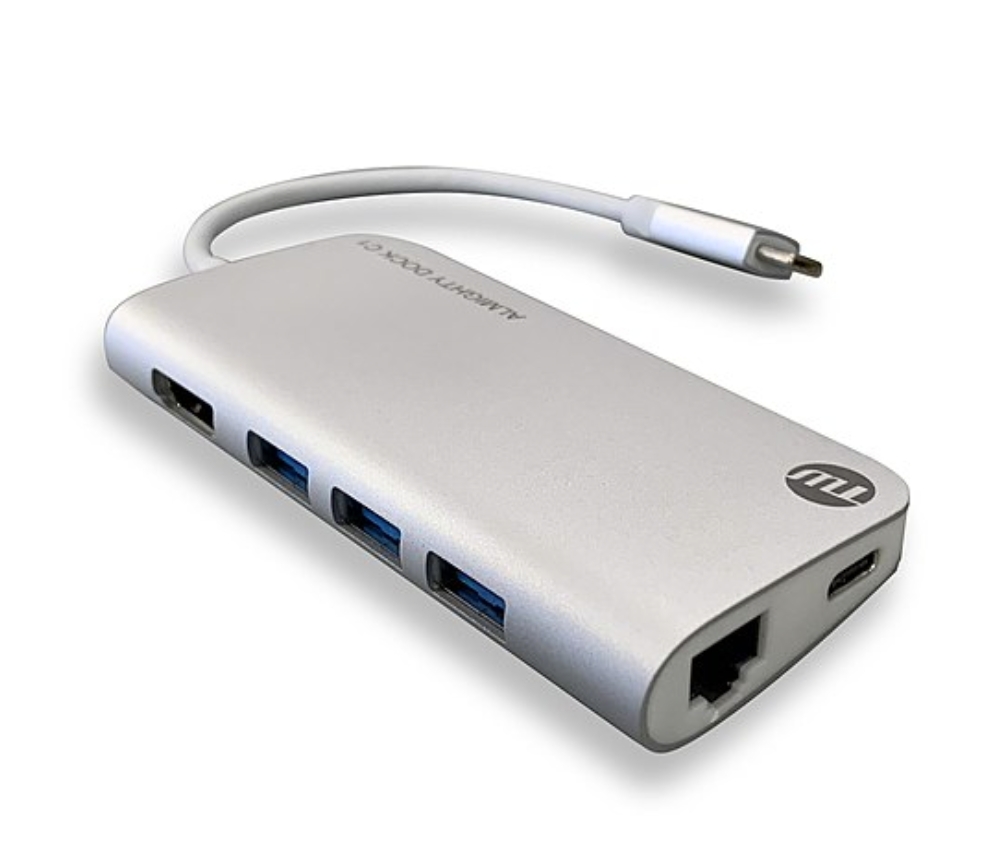In our digitally-driven world, the demand for connecting multiple devices to our computers has never been higher. A USB hub, particularly a USB C docking station, is a vital tool that allows us to expand a single USB port into several, enabling us to connect a plethora of devices simultaneously. This expansion is not just about quantity; it’s about managing our digital lives more efficiently and streamlining our tech routines.
Understanding USB Hubs
A USB hub is a device that takes one USB port on your computer and multiplies it, allowing for the connection of multiple devices. It’s a simple yet powerful solution to the limited number of ports on most laptops and desktops. With the advent of USB 3.0 hubs, users can enjoy high-speed data transfer capabilities of up to 5Gbps, which is a significant leap from the speeds offered by USB 2.0.
The Limitations of USB Hub Connectivity
While USB hubs are incredibly useful, they do have their limitations. For instance, a USB hub will not function if it’s connected more than five hubs away from the root port. This is due to the USB specification, which allows for a maximum of 127 devices, including hubs, to be connected in a tiered-star topology. It’s important to note that not all devices can be daisy-chained indefinitely, and a single-layer hub at the end of the chain can often resolve connectivity issues.
The Evolution and Future of USB Technology
USB technology has come a long way since its inception in 1995. From USB 1.0, which eliminated the need for serial and parallel ports, to the introduction of USB 4 with speeds up to 40 Gbps, the evolution has been rapid. The future looks even brighter with advancements like USB4 and Thunderbolt 4, which promise faster data transfer speeds and better device connectivity.

The Role of USB Hubs in Modern Life
USB hubs have become an indispensable part of our daily lives, offering versatility and convenience across various platforms. They facilitate our modern life by allowing us to connect multiple devices, such as keyboards, mice, printers, and more, to our computers or laptops. With the integration of USB-C, hubs have become even more versatile, supporting a wide range of connections including HDMI, VGA, and Ethernet.
Wholesale USB Hubs and Market Dynamics
The USB Hubs Market is a significant segment within the Electronic Devices Industry, with an anticipated value exceeding USD 1511.43 Million by 2028. When considering wholesale usb hubs, it’s crucial to understand the variety of types and applications available, as well as the market trends that drive demand.
Selecting the Right USB Hub
Choosing the right USB hub requires careful consideration of several factors. The number of ports, data transfer speed, compatibility with your devices, and price are all important aspects to consider. Additionally, the type of hub—powered, unpowered, or self-powered—can make a difference in performance and the types of devices you can connect .
The Advantages of USB-C Hubs
USB-C hubs are particularly noteworthy for their ability to convert a single USB-C port into multiple other types of connections. They offer high data transfer speeds, up to 10Gbps, and are compatible with the latest USB 3.1 specification. However, they may not provide enough power for all connected devices simultaneously, especially high-power peripherals.
The Aesthetics and Design of USB Hubs
In addition to functionality, the design of USB hubs can also enhance the visual appeal of your workspace. For example, the Black-i Docking Station features a sleek space grey color that merges aesthetics with functionality.
The Importance of USB Hub Maintenance
Proper maintenance is key to ensuring the longevity of your USB hubs. This includes cleaning, preventing overheating, protecting against power surges, and executing firmware updates.
Security Considerations for USB Hubs
Security is another important aspect of using USB hubs. Protecting devices from malware, implementing best practices for USB hub security, and addressing data privacy concerns are all critical to maintaining a secure digital environment.
Conclusion
USB hubs are the unsung heroes of our digital lives, simplifying connectivity and device management. As technology continues to evolve, USB hubs will remain an essential tool for anyone looking to expand their connectivity options and streamline their tech routine. Whether you’re a professional needing to connect multiple high-resolution displays or a casual user looking to charge and sync multiple devices, there’s a USB hub out there to meet your needs.
